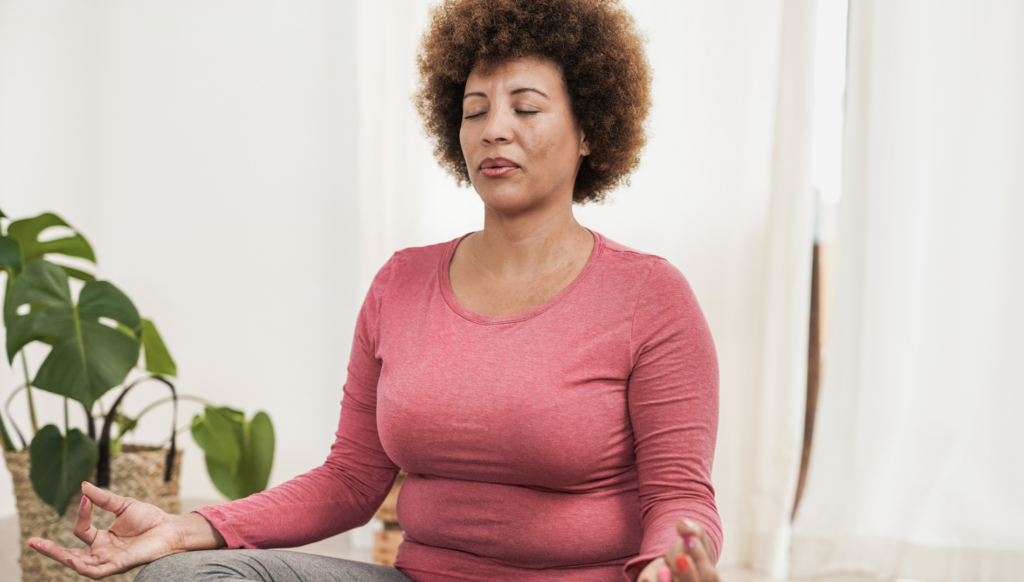What’s This Research About?
Chronic high stress levels are associated with hypertension, coronary artery disease, congestive heart failure, and anxiety disorders.
Slow breathing practices are often used in yoga and other mind-body exercises to manage stress. A 2007 survey indicated that twelve percent of the US population uses deep breathing for better health.
It is believed that slow breathing reduces stress, but research is lacking about the benefits of specific breathing practices. A common technique is to extend the exhale making it longer than the exhale. This paper compares a longer exhale (E>I) to an equal inhale/exhale (E=I). Does a longer exhale have more of an impact on physiological and psychological stress?
How do they define slow breathing? Slow breathing in research has been defined as a respiratory rate of less than 10 breaths a minute.

TITLE: Slow breathing for reducing stress: The effect of extending exhale
PUBLICATION: Complementary Therapies in Medicine
DATE: May 2023
AUTHORS: Gurjeet Birdee, Katrina Nelson, Ken Wallston, Hui Nian, Andre Diedrich, Sachin Paranjape, Robert Abraham, Alfredo Gamboa
Heart Rate Variability (HRV): The fluctuation of the amount of time between heartbeats depending on physical demands. Slower heart rates happen when resting or relaxed, and faster rates happen when active, stressed, or in danger. High heart rate variability is usually an indication of less stress. In general, low heart rate variability is considered a sign of current or future health problems because it shows less resilience when handling changing situations.
Slow breathing: A respiratory rate of less than 10 breaths per minute

